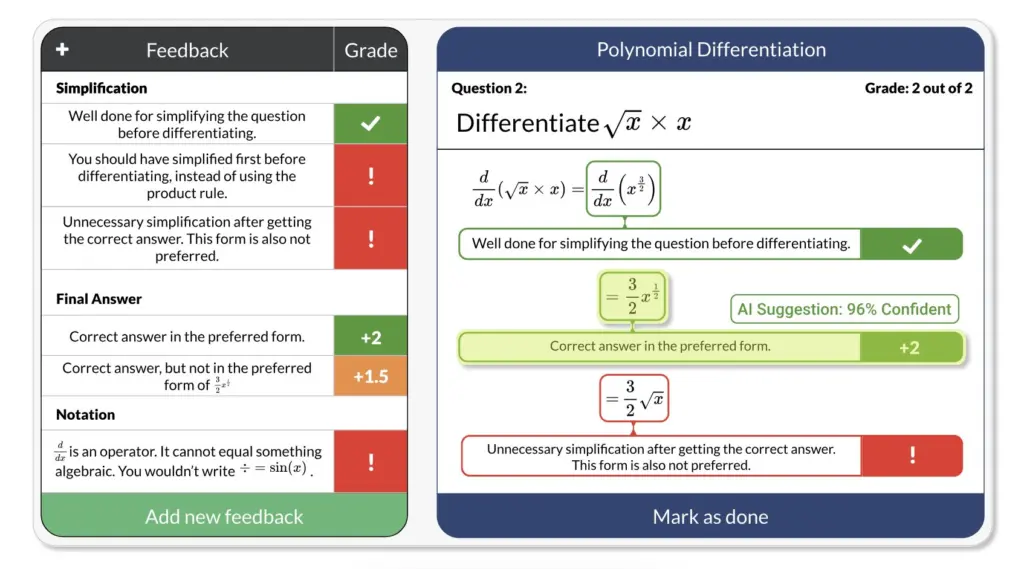
Top tech companies in Birmingham, UK
Table Of Contents−
Birmingham is known as the UK’s second city for good reason. Not only is it the second largest metro area in the UK, it’s also the number one regional tech cluster: more than 65,000 people are employed in tech roles at 12,500 businesses.
In fact, more software developers, programmers and software architects are based in Birmingham than anywhere else in the nation.
Historically a medieval market town, the city first became known for inventiveness during the Industrial Revolution, producing a culture of innovation through thousands of small workshops specialising in highly skilled trades. If you’ve ever pinged a bicycle bell, licked a postage stamp, read a weather map, switched on an electric kettle or had an X-ray you have Birmingham to thank.
Located at the geographic centre of England in the West Midlands, Birmingham today remains a major manufacturer of vehicles and automotive components, weapons, electrical equipment, chemicals and foods, to name a few.
Many of its current tech companies have ties to the manufacturing industry. Since the 1970s, however, the region and its tech scene have diversified into many other spheres including computer gaming, fintech, retail and tourism.
Birmingham is also home to corporate giants such as Jaguar, Cadbury and Unliver, yet 89% of the companies in the region are micro-businesses with fewer than ten employees. In 2023, Birmingham startups raised $1.7 billion in capital, after raising $190 million in 2022 and $420 million in 2021.
Here’s a look at six of the hottest tech companies in the region.
Orlo Tech
Much like businesses, government agencies jump on the latest technology to meet organisational challenges. Including communication. With the explosion of social media, public sector organisations now need to keep up with communications across Facebook, LinkedIn, X (formerly Twitter) and many more.
Orlo Tech focuses on enabling public service agencies to manage all of their social media connections from a single platform in ways that boost engagement, trust, customer service and organisational reputation. Also, through social listening and AI-driven performance analytics, agencies can gain insights into what’s being posted about them online.
Orlo’s customers include 100 of the nation’s councils, two-thirds of its police forces, and many other public sector organizations in the UK. All computer servers are housed on UK turf.

Grid Edge
As part of its efforts to be Net Zero by 2050, the UK Government is pursuing a major energy initiative dubbed Smart Grid.
The underlying idea is to harness ongoing innovations in big data, connected technologies and decentralised energy systems to replace the nation’s aging energy infrastructure, meet carbon reduction targets, and reduce energy costs to consumers.
A spin-out company from Aston University, Grid Edge is developing technology to help commercial energy consumers intelligently manage their building energy loads.
The startup’s cloud-enabled AI software leverages predictive ML algorithms in conjunction with advanced data analytics — as explained in the video below.
3DViewerOnline
Once upon a time, manufacturing designs were sketched by hand. Beginning in the 1970s, however, manufacturers switched to computerised 2D (two-dimensional) CAD (computer-aided design) models and, more recently, to 3D CAD.
It’s been difficult, though, for design engineers to collaborate on 3D models with product marketing teams, board members, customers and other stakeholders. 3D CAD software has been costly and hard to use.
In response, a company called 3DViewerOnline has built a cloud-enabled viewer so simple that experience with CAD software isn’t required. Collaborators can quickly identify and address any product design issues early in the design process..
Features include comments, a customisable user interface and a 256-bit encrypted connection. The startup maintains that its 3D viewer is already in use among at least 17 industries.
Related reading: Yoo Soft aims to disrupt big tech with no-code offering
Graide
Teachers spend countless hours preparing lesson plans and classroom presentations, leaving less time to focus on working directly with students. Grading essays, maths papers and exams is another very time-consuming aspect of the job — but it’s one that’s beginning to be addressed through AI.
AI-enabled software from Birmingham-based startup Graide provides automated grading for teachers, along with detailed feedback to students about their work.

The AI-grading tech is designed to learn from the teacher’s own grading patterns for maths, short-answer text questions and essays. The flexible Graide platform also accepts a wide range of submission and input methods, including handwriting recognition, OCR, images, PDFs, visual maths and LaTeX.
Dynamic Mobile Billing (DMB)
The average online shopping cart abandonment rate is 69.8%, meaning that nearly seven out of ten shoppers don’t follow through with buying the items they’ve placed in their carts, according to studies by Baymard Institute.
Limited payment options are one big reason behind cart abandonment. When shoppers don’t see their preferred payment options at checkout, many leave their carts behind. Other reasons for cart abandonment include unexpectedly high costs, mandatory account creation, website security concerns and adding items to the cart with no actual plans to purchase them.
Birmingham-based Dynamic Mobile Billing (DMB) has launched a solution to the issue of limited payment options. The shopping cart technology lets online stores facilitate credit/debit card, pay-by-mobile and wallet payments all from a single checkout screen.
What’s more, online stores can add the shopping cart feature to their sites through only a single integration. The company contends that its customers are enjoying higher conversion rates and lower transaction costs.
To complement the shopping cart payment technology, DMB also offers custom SaaS- and BI-driven analytics services.
Conigital
Some day in the future, driverless autonomous vehicles might be out in huge numbers on roadways, potentially helping to ease traffic congestion, curb fuel consumption and even reduce the size of automobiles.
For this scenario to become a reality, though, researchers are working on producing smarter AI, more accurate sensors and supporting roadway infrastructure.
Meanwhile, Birmingham-based Conigital is already manufacturing AVs designed for supply chain settings such as shipyards and airports.
The company is developing a full-stack “Lift and Shift” driverless vehicle platform dubbed ConiCAV, either retrofitting or custom building vehicles for the platform. So for Birmingham, Jaguar and Land Rover are not the only ones in town putting cars on the road.
Top tech companies in the UK and Ireland
- Top tech companies in Leeds
- Top tech companies in Bournemouth
- Top tech companies in Reading and the Thames Valley
- Top tech companies in Glasgow
- Top tech companies in Edinburgh
- Top tech companies in Cork, Ireland
- Top tech companies in Galway, Ireland
- Top tech companies in Dublin
- Top tech companies in Limerick, Ireland
- Top tech companies in Bristol, UK
NEXT UP

Ryan Beal, CEO & Co-Founder of SentientSports: “Sports generate some of the richest datasets globally”
We interview Ryan Beal, CEO & Co-Founder of SentientSports, a startup using AI in fan engagement and athlete protection on social media.

Paris 2024: The greenest games ever
How the Paris 2024 Olympic Gamers organisers have lived up to their promise that this is the greenest Olympics ever

Salesforce, Workday team up to launch AI employee service agent
Salesforce and Workday have marked their new strategic partnership with the launch of an AI-powered assistant to handle employee queries.

